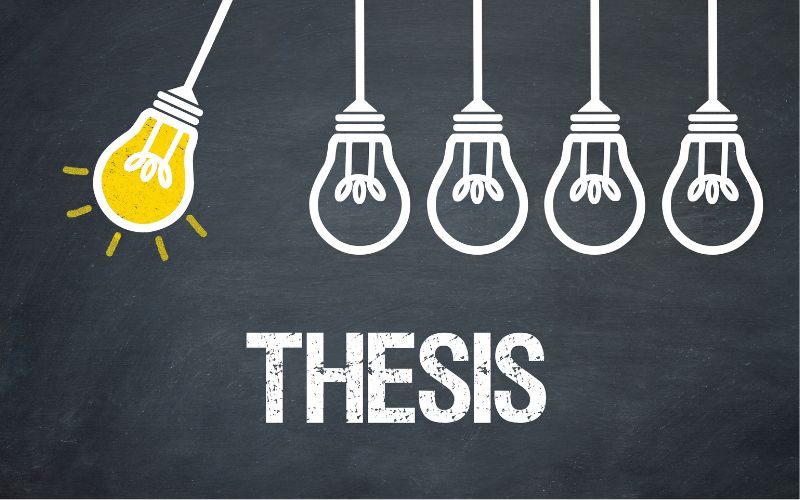Jury
Laurent DAVOUST, PROFESSEUR DES UNIVERSITÉS, Grenoble INP, Supervisor
Alban POTHÉRAT, FULL PROFESSOR, Coventry University, Supervisor
Thierry ALBOUSSIERE, DIRECTEUR DE RECHERCHE, CNRS délégation Rhône Auvergne, Reviewer
Frank STEFANI, DIRECTEUR DE RECHERCHE, HZDR Dresden, Reviewer
Éric BEAUGNON, PROFESSEUR DES UNIVERSITÉS, Université Grenoble Alpes, Examiner
Rekha JAIN, ASSISTANT PROFESSOR, University of Sheffield, Examiner
François DEBRAY, INGENIEUR DE RECHERCHE, LNCMI, Co-supervisor
Abstract
From diffusion to wave propagation in low-Rm magnetohydrodynamics: a theoretical and experimental study
Alfvén waves are hydromagnetic waves propagating in conductive liquid media subjected to magnetic fields. First theorised by Hannes Alfvén, these waves are mostly present in geo-astrophysical media, such as the solar atmosphere. Studying the propagation properties of Alfvén waves is thus a key element to understand the questions raised regarding the dynamics and energy transfers involved in these media. We can mention, for example, the still open issue of solar corona heating, whose temperature is 200 times larger than the one at the solar surface. The present research work aims to clarify the conditions under which these waves emerge and propagate.
The study is split into two main parts. The first -theoretical- part deals with a semi-analytic linear study of an oscillating vortex confined in a cylindrical vessel. This vessel is subjected to an axial, uniform and static magnetic field. No slip and electrically insulated horizontal solid walls are considered in this study. We consider Galinstan, a metallic alloy eutectic liquid at room temperature of density ρ = 6440 kg/m3 and kinematic viscosity ν = 3.7 × 10−7 m2/s), as a conductive incompressible fluid. The flow is magnetically forced at the bottom wall and at a forcing frequency f0. The semi-analytical study, performed in the low-Rm approximation and under the inertia-less limit, brings to emphasise two very distinct regimes. The first regime, named oscillating diffusive regime, is characterised by the competition between the diffusive effects of the Lorentz force and the momentum acceleration. This regime occurs at low forcing frequencies and does not invoke a wave dynamics. The second regime is a truly propagative regime and occurs for higher frequencies. More precisely, this regime is governed by an Alfvén waves dynamics whose characteristic velocity is the Alfvén velocity. The study also highlights a smooth transition from the oscillating diffusive regime to the propagative one.
The second part of the study is dedicated to the experimental investigation of Alfvén waves. It is performed using a revisited version of the Flowcube device, initially designed by Klein and Baker. This device, a cubic vessel of 15cm side and 10cm height filled with Galinstan, is placed in a vertical, uniform and static magnetic field of up to 10T. The flow is electrically forced by injecting an alternative current through an array of electrodes located at the bottom horizontal wall, so as to control the forcing frequency and forcing intensity. The flow is tracked by means of two arrays of potential probes positioned in mirror symmetry to each other and placed at opposite horizontal walls of the cube. The experimental investigation further confirms the two oscillating regimes and thus the possibility for Alfvén waves to propagate under the low-Rm approximation. Applying a non-homogeneous forcing on the flow at the bottom wall, the experimental study also reveals that the wave non-homogeneously propagates. More precisely, mappings of the flow at the bottom and top walls show that the wave is both damped and accelerated by strong perpendicular to the magnetic field gradients. Besides the exhaustive study of the flow at the forcing frequency, measurements also reveal forcing frequency harmonics that are not predicted by the model. This result strongly suggests non-linear interactions of Alfvén waves which could pave the way for studying the energy transfers between these waves.
Date infos
Tuesday, March 26 2024 – 10:30AM
Location infos
Amphithéâtre BERGES - Bâtiment GreEn-ER
21 avenue des Martyrs, 38000 Grenoble
